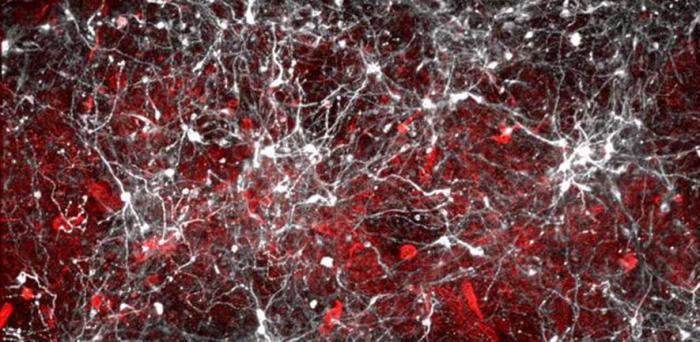A study published in Nature Communications presents new evidence about what a key protein called alpha-synuclein actually does in neurons in the brain.
Dr Giuliana Fusco from the University of Cambridge, and lead author of the paper, said: “This study could unlock more information about this debilitating neurodegenerative disorder that can leave people unable to walk and talk. If we want to cure Parkinson’s, first we need to understand the function of alpha-synuclein, a protein present in everyone’s brains. This research is a vital step towards that goal.”
Parkinson’s disease is a progressive neurological disorder that causes nerve cells in the brain to weaken or die. The disease has a variety of symptoms including tremors – particularly in the hands – gait and balance problems, slowness and extreme stiffness in the arms and legs. Parkinson's develops when cells in the brain stop working properly and can’t produce enough dopamine, a chemical that controls movement in the body by acting as a messenger between cells.
The disease mostly affects people over 60 and gets worse over a number of years but early-onset Parkinson’s can affect people even younger.
More than 10 million people worldwide live with Parkinson’s disease including actor Michael J. Fox who was diagnosed aged 29, singer Neil Diamond, comedian Billy Connolly and musician Ozzy Osbourne. Parkinson’s can affect women, but men are more likely to have the disease.
It is not yet known why people get Parkinson's, but researchers think it's a combination of age, genetic and environmental factors that cause the dopamine-producing nerve cells to die affecting the body’s ability to move.
The new study looked at what was going on inside healthy conditions to help pinpoint what is going wrong in the cells of people with Parkinson’s.
Image: Brain Chip
Credit: NIH Image Gallery
Reproduced courtesy of the University of Cambridge
